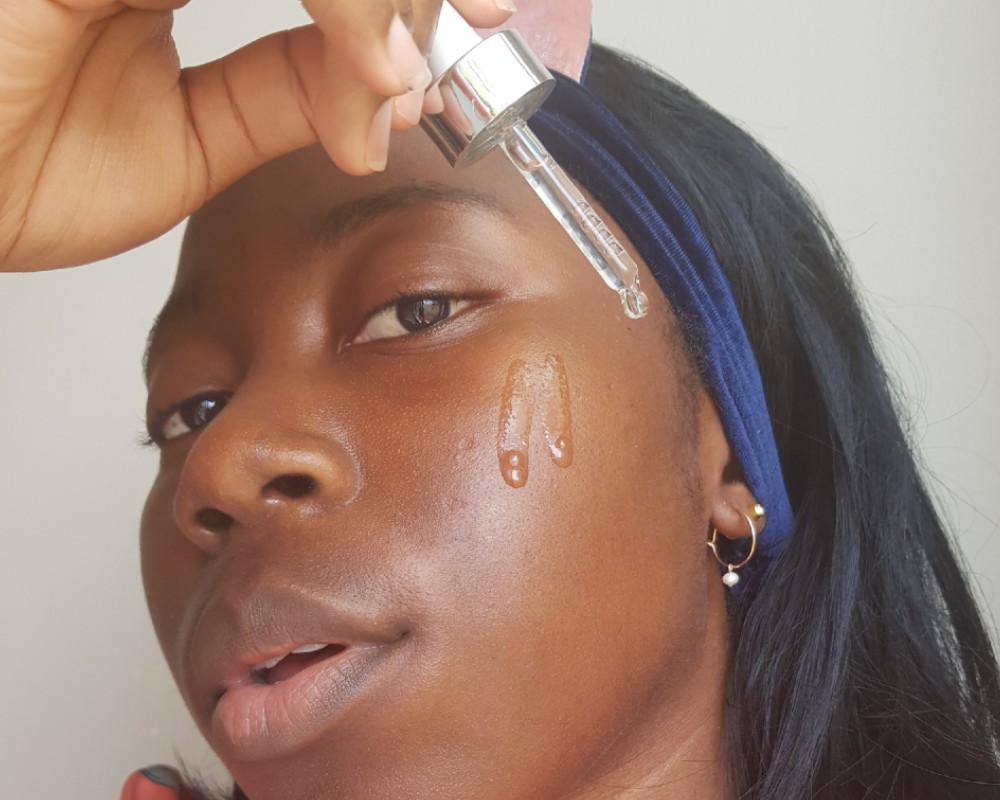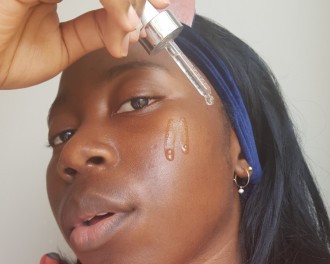What Age to Start Using Retinol.
When it comes to retinoid use, it’s best to check in with your skin therapist, doctor or dermatologist if you have concerns.
Generally, it’s OK (and often recommended) to start in your 20s.
“It depends on your skin concern but, for example, to assist with problematic skin concerns and the appearance of scarring, you may begin using retinol in your late teens,” says Allen.
“To address early signs of ageing, introducing a retinol in your early 20s is usually recommended.”
You can't really use retinol preemptively to prevent ageing, but starting early can help benefit the skin. That said, it’s never too late to start using a retinoid product.
Best Retinol Serums in Australia for Your Skin Type.
Which retinol product you choose will depend on your skin type.
“Thin, delicate skin may need retinols in lower strengths or in formulations that provide a slower, gentle delivery that is combined with hydrating and soothing ingredients,” says Allen.
“Thicker, more robust skins often respond well to retinols that provide a more pronounced exfoliative action to smooth and refine the skin surface.”
Cosmedix is a trusted cosmeceutical brand that carries several retinol products with varying strengths and supporting ingredients. Let's break down some of our favourite Cosmedix retinol offerings so you can find your perfect match.
Best Retinol for Dry Skin.
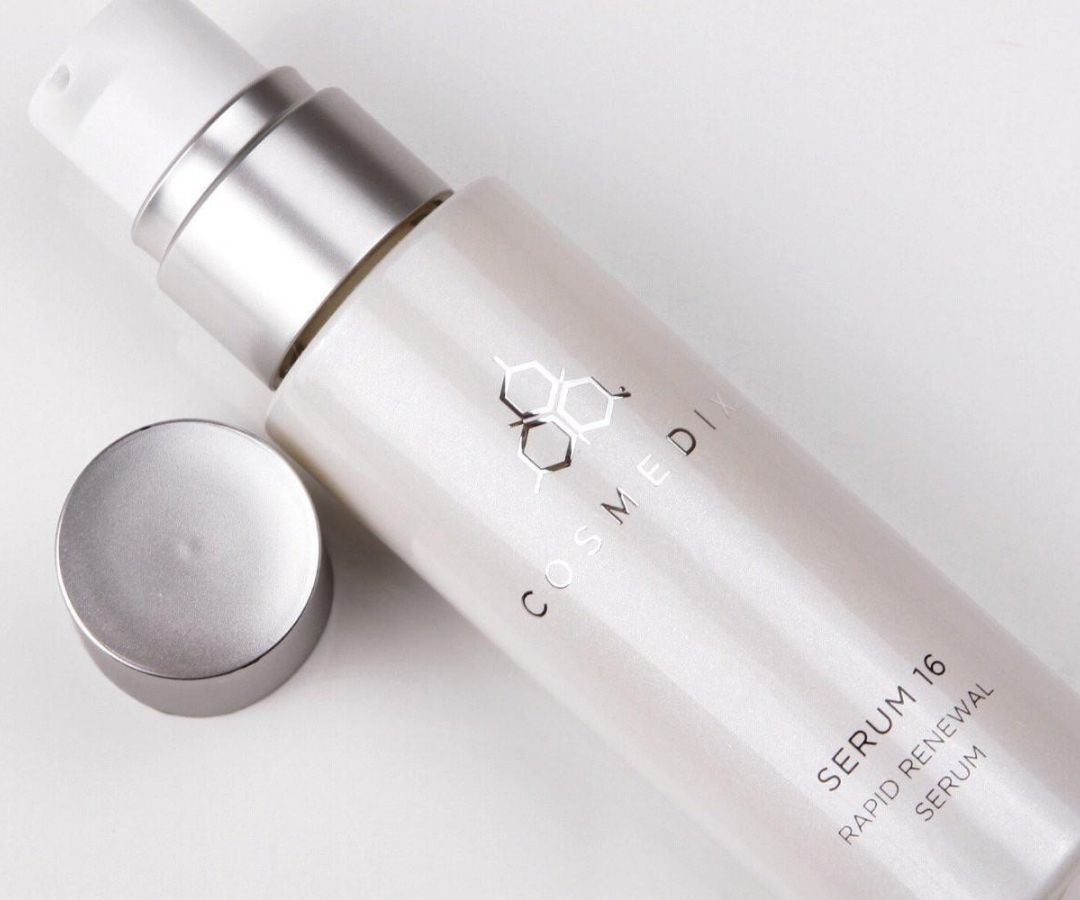
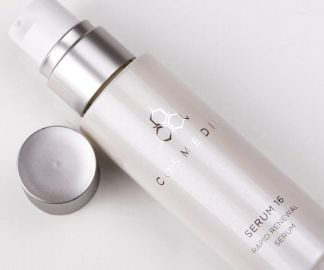
Use: Cosmedix Serum 16 Rapid Renewal Serum
How it works: Still powerful and potent, the hydrating formula gently retexturises skin to leave it looking radiant.
What it does:
Reduces the appearance of fine lines and wrinkles.
Improves skin texture and tone.
Improves the look of age spots and discolouration.
Boosts vital hydration.
Best Retinol for Acne or Oily Skin.
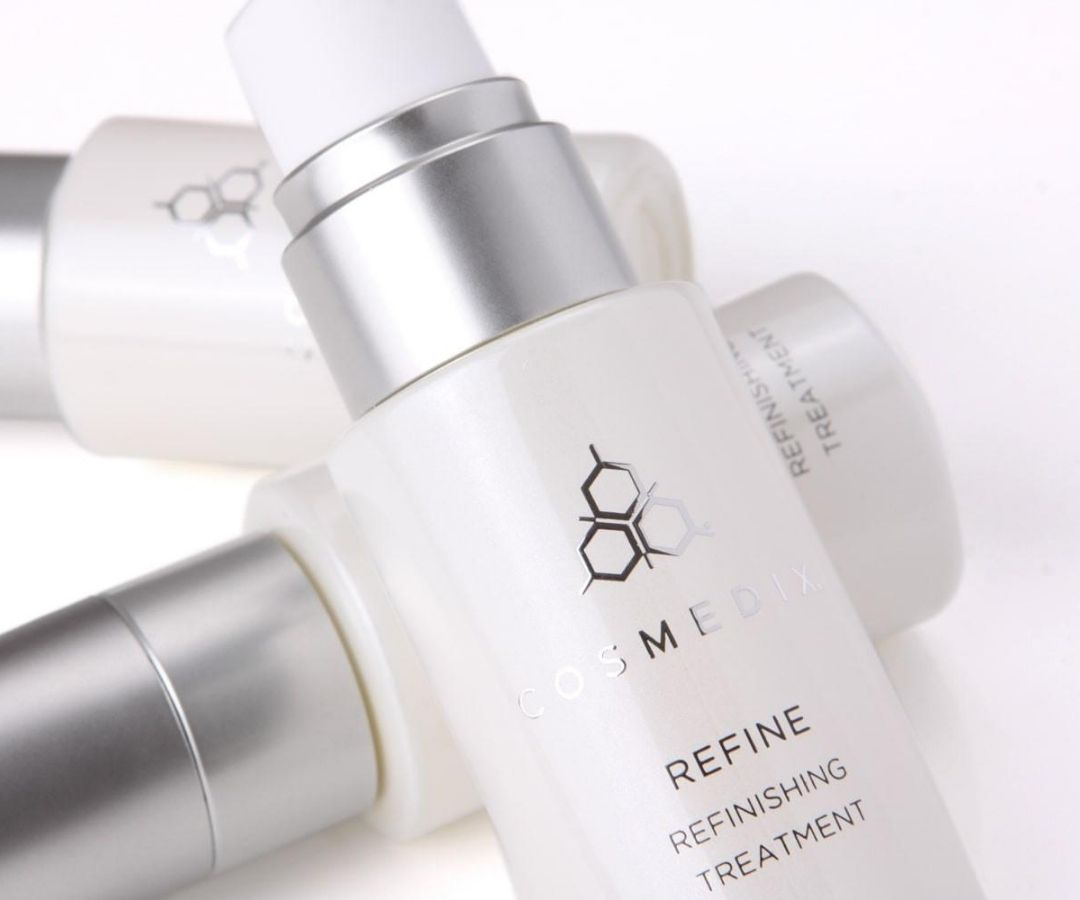
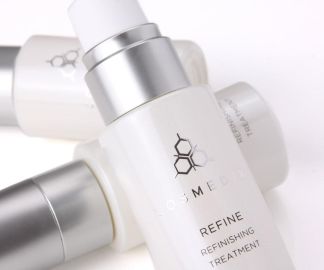
Use: Cosmedix Refine Refinishing Treatment 4%
How it works: A lightweight retinol treatment, this quickly absorbs into the skin giving powerful results without dehydrating the skin.
“AGP complex is at the heart of this formulation, while L-Proline helps retexturise skin,” says Allen.
What it does:
Best Retinol for Sensitive Skin (And Rosacea Skin).
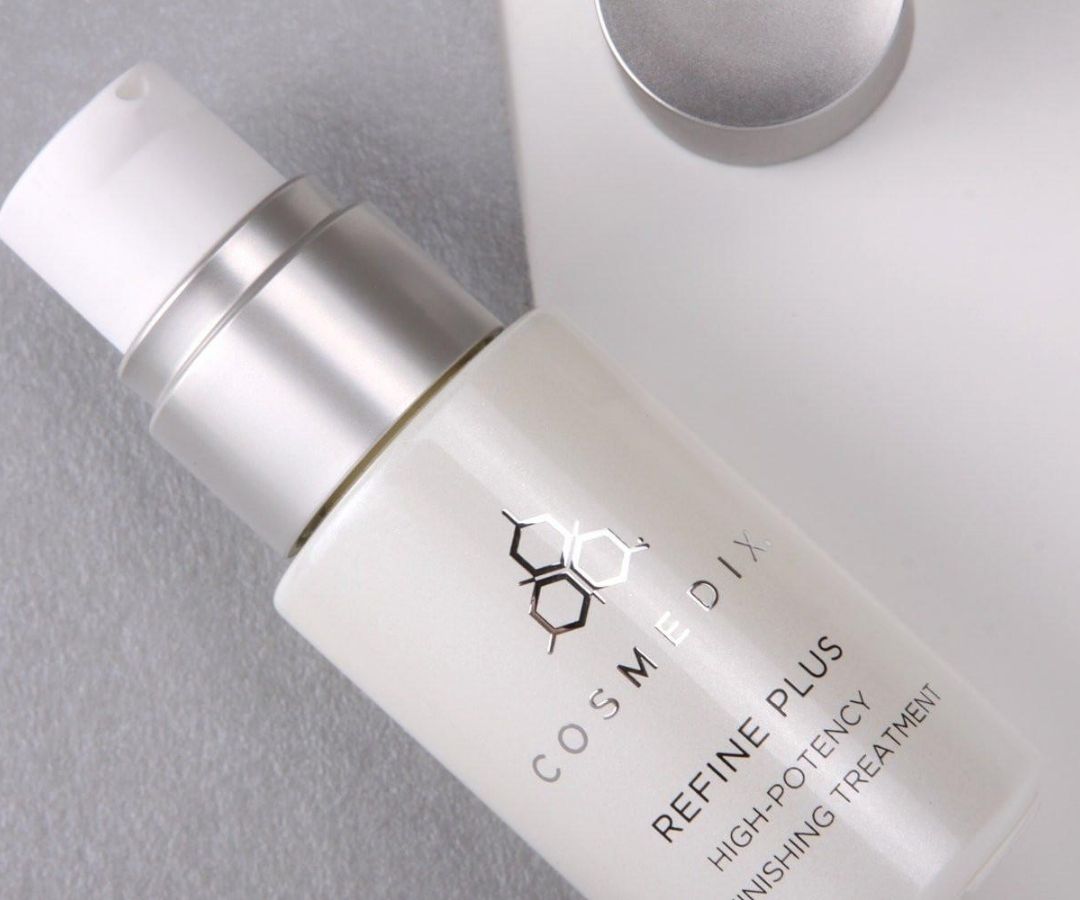
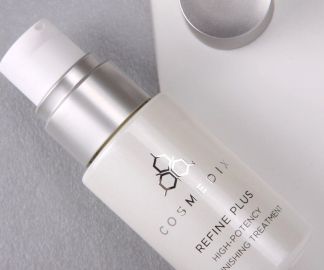
Use: Cosmedix Refine Plus Refinishing Treatment 8%
How it works: A high-strength retinol serum packed with potent ingredients including AGP Complex, L-Sodium Lactate, and L-Sodium PCA to smooth, balance, even out and plump up skin.
What it does:
Helps with enlarged pores, hyperpigmentation, melasma and sun damage.
Reduces the look of fine lines and wrinkles.
Improves skin texture and colour.
Causes less irritation compared to other retinoids.
Detoxifies and mattifies the skin.
Best Retinol for Uneven Skin.
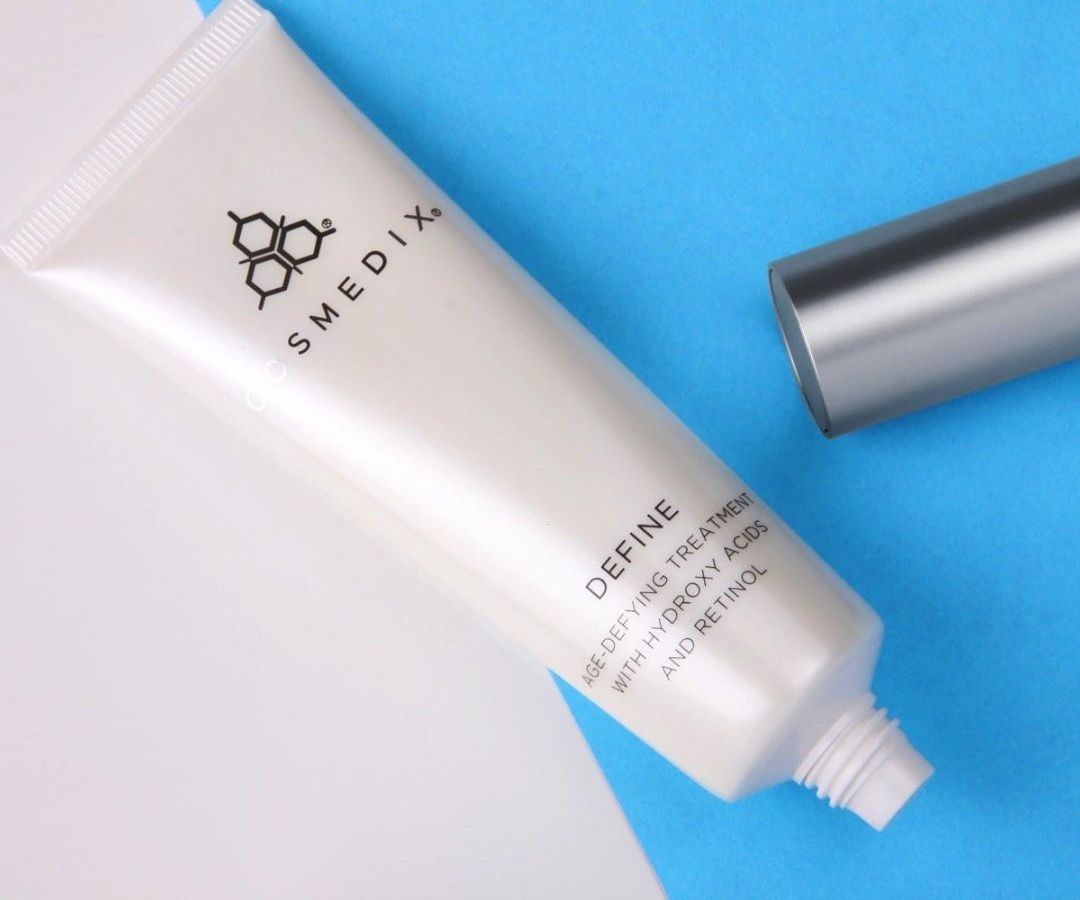
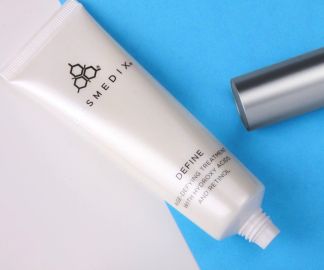
Use: Cosmedix Define Resurfacing Treatment
How it works: This rich, exfoliating and multitasking cream uses Retinol A, a trans-retinol. This penetrates the skin using fruit acids in a cream base to resurface and hydrate your skin.
What it does:
Exfoliates epidermal cells.
Assists with resurfacing skin.
Assists in calming problematic skin.
How to Use Retinol.
First, a reminder of the main basics when introducing or adding retinol into your routine:
Use only at night time.
Always apply sunscreen regularly throughout the day.
Do not use vitamin A if you are pregnant or breastfeeding - always consult your medical professional before starting any new product or routine.
See a doctor or dermatologist to discuss any specific concerns.
Now, if you're a retinol beginner, please do not go straight for the strongest retinol serum.
You will not get results faster. (Far from it, you'll end up with retinol face a.k.a redness, flakiness and irritation.)
A good, general rule to follow is ‘start low and go slow’, but a consultation with your skin therapist, doctor or dermatologist is always best to determine the right strength of retinol for your skin.
If you experience (or want to try and avoid) what’s termed a ‘retinoid response’ - increased skin redness, flaking or sensitivity - Allen recommends following the ‘3,2,1 rule’ which will help your skin build up its tolerance to vitamin A.
The 3, 2, 1 rule involves applying your retinol every third night for two weeks, then every second night for two weeks, before building up to nightly use. If irritation continues, reduce the concentration or the frequency.
And that is your crash course in choosing the right retinol for your skin type!
